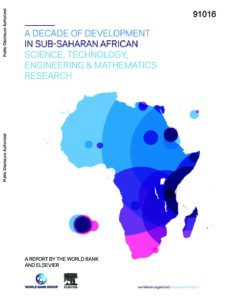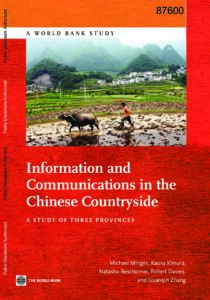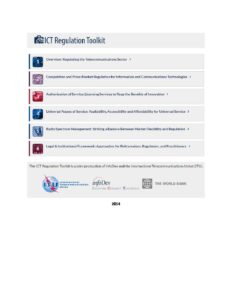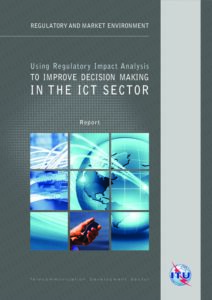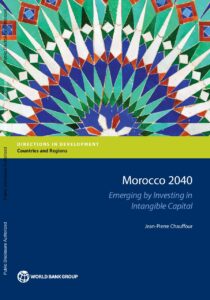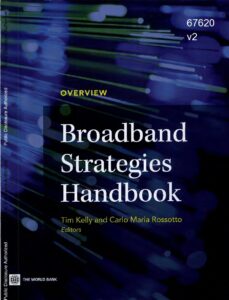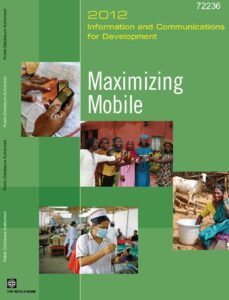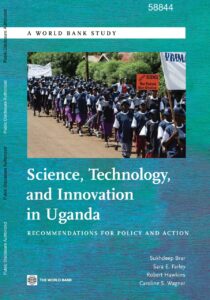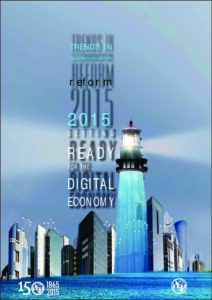
Trends in Telecommunication Reform 2015
Published in 2015We are now entering a new era of communications. The future of the digital world is happening now. ITU stands fully prepared to support its membership to lead and open the door to a wealth of possibilities. I am pleased to present the 15th annual edition of Trends in Telecommunication Reform. This year s Trends report seeks to advance the global discussion of ICTs by focusing on how the benefits of an increasingly digital world can best be made available to users around the world in a way that gives users access to the most advanced services, provides businesses with…
Read »![Technologies de I’Information et de la Communication, Langues Vernaculaires et Stimlation du Haut Debit au Gabon [French]](https://digitalregulation.org/wp-content/uploads/Technologies-de-IInformation-et-de-la-Communication-Langues-Vernaculaires-et-Stimlation-du-Haut-Debit-au-Gabon-French-pdf-232x300.jpg)
